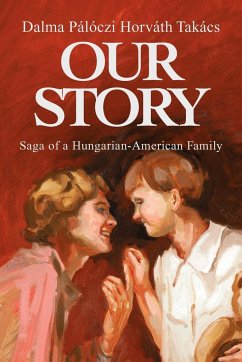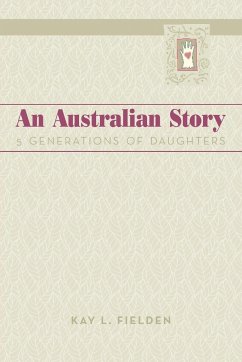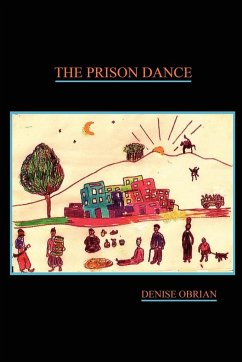The story of this family takes the reader through two hundred years of turbulent history and daily living. One member of the clan was Pálóczi Horváth Ádám, a staunch Hungarian patriot, collector of Hungarian folk songs at the turn of the 18th century, who believed that women should be entitled to an equal education with men, to the right to hold office and to have representatives in Parliament. His contemporary, Dukai Takách Judit was one of the first Hungarian female poets. Other illustrious members included writers, a diplomat, a state minister, and a mathematician. One fought in the Hungarian Revolution of 1848. Several died in the two world wars; many lived through the dismemberment of Hungary after World War I. The next generation made it through World War II, the Nazi occupation of the country, the Communist takeover of Eastern Europe, and the 1956 Hungarian Revolution. Many are still living in Hungary; others have left the country to seek better lives in England and America. Their personal stories bring alive the realities of life behind the headlines of history. The story of the family in the 20th century is told through the "portraits" of seven family members, spanning three generations. Pálóczi Horváth Lajos (author Dalma's father) was a writer, collector of folk songs (like Ádám) and champion of the rights of the peasants and industrial workers. He was a man of cosmopolitan education who spoke nine languages, but had a fierce loyalty to his country. He saw both Nazi Germany and Soviet Communism as equally dangerous to Hungary. After the Communist takeover of Hungary he was arrested on trumped up charges of subversion and served five years in prison. The freedom fighters of 1956 released him, but he did not leave his country even after the ruthless suppression of the 1956 Revolution. Hevesi Halász Laura, wife of Pálóczi Horváth Lajos and Dalma's mother, was born in the southern part of pre-World War I Hungary, an area assigned to Romania by the Treaty of Trianon. After World War I her widowed mother took the children to live in what was left of Hungary, and Laura lived through the privations and economic chaos caused by the dismemberment of the country. She was loyal to her husband, but in love with another man, Dálnoki Veress László, a Hungarian diplomat. During World War II Veress was charged by Hungary's Prime Minister to negotiate Hungary's surrender to the Allies. His "portrait" reveals the bittersweet complexities of this love triangle and its place in European history. Dalma's story shows how her life was shaped by these strong personalities and by the joys and cruelties of life in 20th century Europe and America. Together with her parents she made it through World War II and the siege of Budapest. For a month their house was in no man's land between the Russian and the German front lines. But the most traumatic part of the experience was the Russian occupation: for six weeks their home was an army hospital; the soldiers were the masters and the tenants were slaves obliged to obey their commands. Yet she also had the chance to learn much about the Soviet army because her father was the interpreter. In the years after 1945 hopes of a free country governed by free elections gradually faded. By 1947 the Communists were in control, arresting and imprisoning their opponents. Laura made the wrenching decision to leave Hungary with her daughter, and join Veress László, whom she later married. Dalma's story takes her through the challenges of starting a new life in England in the aftermath of World War II, preparing for exams, helping out at home while her mother and stepfather tried to make a living, and dreading news from Hungary where the Communists were gradually stifling all forms of freedom. She was 15 when she arrived in England. Seven years later she had a B.A. degree and teaching English in an English grammar school. But her challenges continued. After her marr
Hinweis: Dieser Artikel kann nur an eine deutsche Lieferadresse ausgeliefert werden.
Hinweis: Dieser Artikel kann nur an eine deutsche Lieferadresse ausgeliefert werden.








